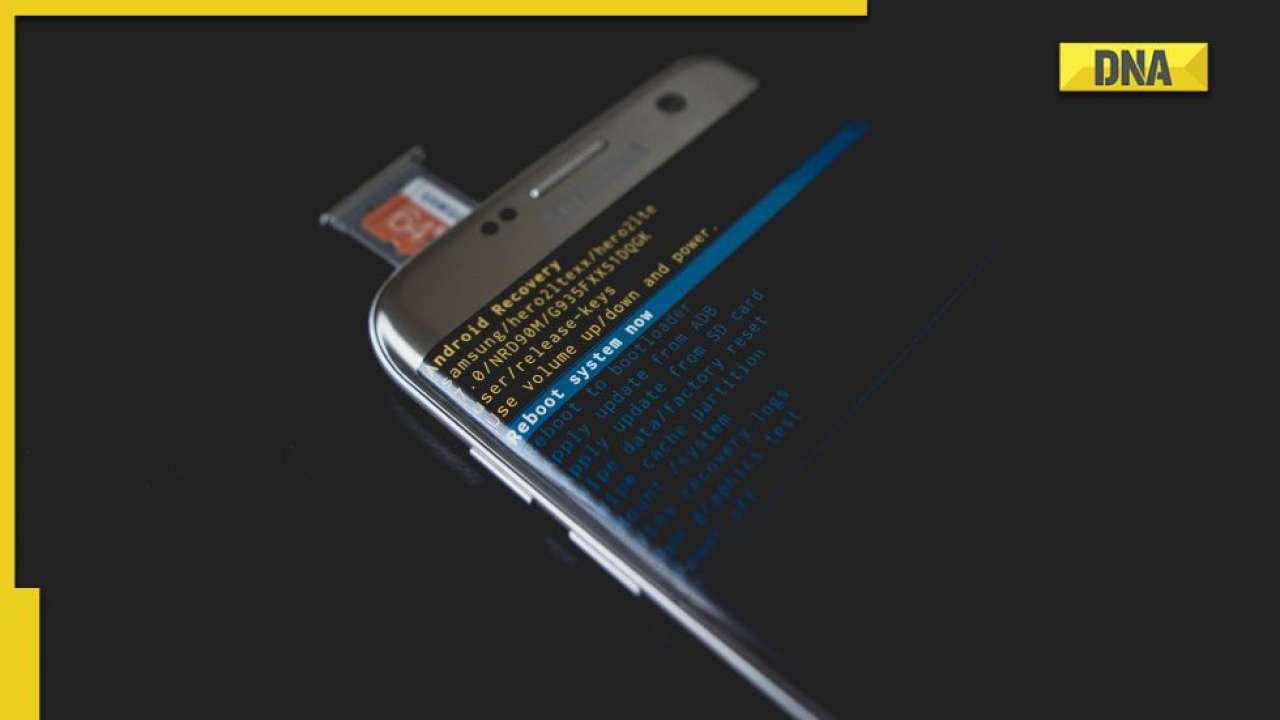
Tens of lakhs of smartphones could be at risk of a malware attack due to a major Android leak. The security issue has been reported for devices by Samsung and LG but is not limited to them and could be a threat for other smartphones that run on MediaTek chips.
The security scare deals with the Android application signing process which secures devices running on Android Operating System during updates. The signing process is crucial for the safety of smartphones as it verifies the authenticity of software updates that come to devices. This process is a way to differentiate between legitimate and illegitimate app developers. Each app developer has a special sign-in key as an extra security cover which is confidential.
Issue flagged with the signing process
The security issue was reportedly highlighted by a Google employee called Łukasz Siewierski who highlighted that the security certificates belonging to many Android OEMs (Original Equipment Manufacturers) have been leaked on the internet.
The security certificates leaked would leave the sign-in keys of affected developers exposed to hacking risk. Cyber attackers could use these to infiltrate the impacted smartphones with malware attacks.
The biggest concern is that this Android sign-in key comes with the highest OS privileges. What this means is that hackers can bypass Google, the smartphone maker and the app developer without them getting knowledge of the attack. It is to be noted that such devices are at risk of malware attack when downloading updates from a third-party source instead of the Android app store.
Solution to malware exposure
The device makers impacted by the leak have already been notified by the Android Security Team. These brands have now been told to replace the current public and private keys with new ones to “rotate the platform certificate”. An internal investigation to understand the underlying issue has also been suggested.
Samsung is reportedly aware of the security issue and has been issuing security patches in connection to it. There have been “no known security incidents” due to this “potential vulnerability”, Samsung was quoted as saying.
READ | Google Chrome, Firefox, Microsoft Defender hit by new commercial spyware